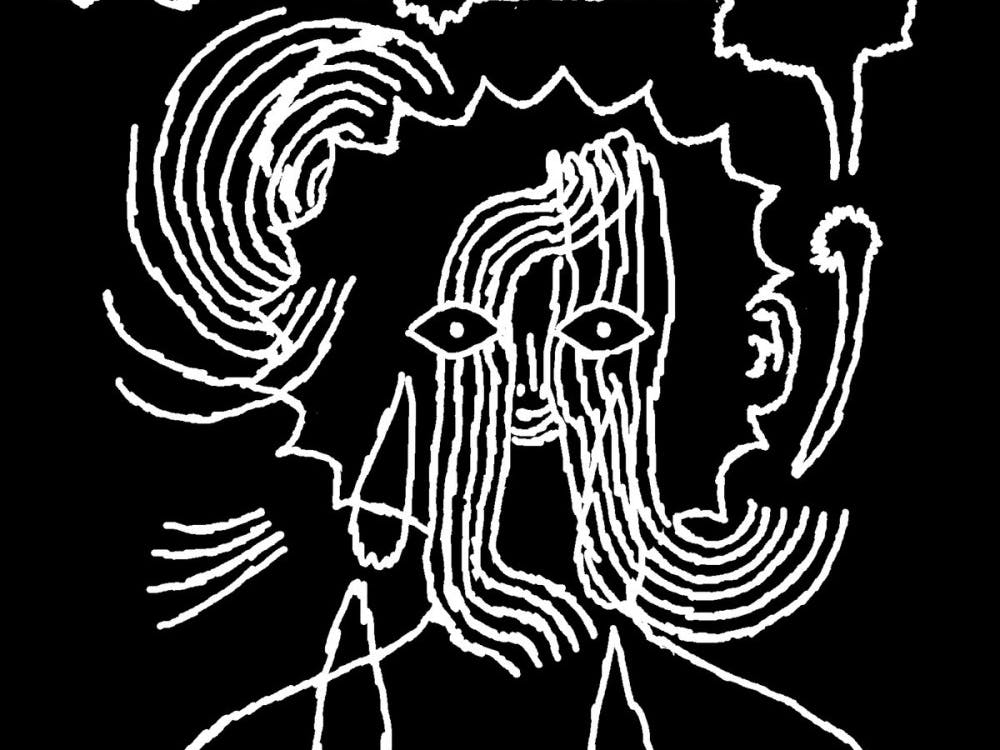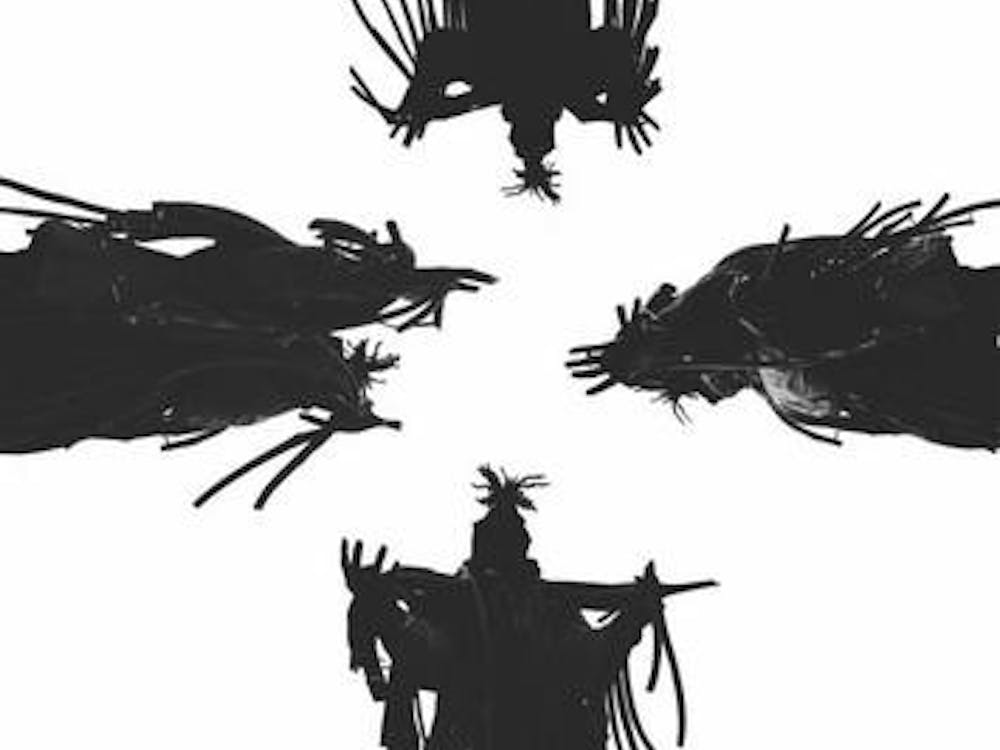Mark Lanegan’s solo career has been consistent in quality, but marked by stylistic evolution. His first albums from the early 90s are bluesy variations on his work with seminal grunge band Screaming Trees. The songs are aggressive: Lanegan howls in his upper baritone, instrumentations are kept to grunge basics and Kurt Cobain even sings occasional backups. By the late 90s, Lanegan began to experiment with more complex and baroque arrangements, electronic additions, looser interpretations of the blues form and songs with less outright aggression. This culminated in what is arguably his strongest solo album, 2004’s “Bubblegum.”
Where his 2013 cover album “Imitations” was stripped down and largely acoustic, his latest, “Phantom Radio,” triumphantly returns to the stylistic experimentation of “Bubblegum” and its belated follow-up, 2012’s “Blues Funeral.”
Album opener “Harvest Home” sizzles with reverb-laden electric guitars, which perfectly offset Lanegan’s morose growl of “black is a color / black is my name.” The chorus sees the addition of a very high synth part which adds a certain ethereality to the composition, compounded by lines like “happy in my harvest home / walking the floors with the ghosts all alone.” If one thing has not changed in the last two decades, it’s the gloom of Lanegan’s lyrics.
The album’s second track, “Judgement Time,” contrasts nicely with the first. A stripped-down acoustic number, it’s more in line with pseudo-ballads from Lanegan’s earlier solo albums than the pure acoustics of “Imitations.” Composed of only acoustic guitar, accordion and vocals, the song is beautiful and hauntingly sparse.
Synthesizer accents can be found throughout the rest of the album, but they are never distracting or out of place. They’re somewhat more prominent on the song “The Killing Season,” which sounds almost like something Moby would write. The song’s delicate synthesizers contrast with Lanegan’s voice. Perhaps the seeming influence of Moby isn’t surprising, given Lanegan was a featured vocalist on Moby’s last album.
The screaming Lanegan utilized on much of Screaming Trees’ output and some of his early solo albums is effectively gone. His voice sounds weathered, but it remains deeply expressive. On the echoey, percussion-less “I Am the Wolf” he plummets to his lowest notes, creating a spine-tingling effect.
Album-closer “Death Trip to Tulsa” is the quintessential Mark Lanegan song, from its heavily distorted guitars and throbbing bass to its grim road-song lyrics. The album is bookended by its two most driving, rocking songs, with similarly upbeat “Seventh Day” placed smack in the middle as track five. The cyclical structure features slow-burning numbers and ballads evenly spaced between grungier rock songs. As such, the relatively brief album can easily be enjoyed in one sitting, possibly even twice in a row.
Though it does not quite reach the heights of “Bubblegum,” “Phantom Radio” is a pretty outstanding effort. Brilliantly structured, complexly arranged and packed with brooding energy, “Phantom Radio” makes an excellent addition to Mark Lanegan’s solo catalog.







